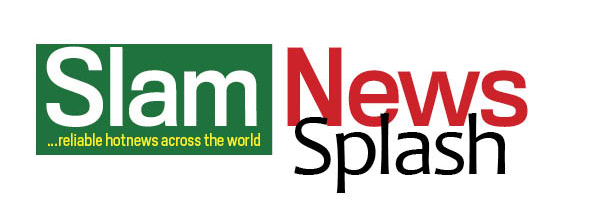Barely one week after President Muhammadu Buhari approved an additional N10 for transporters of Premium Motor Spirit (PMS) across the country, petroleum marketers have decried the prolonged inability to load from NNPC depots, leaving them to depend on private depots that equally impose additional charges.
With additional charges from depots, marketers are decrying the cost of lifting products from depots, alleging that it is no longer sustainable to sell petrol at N165 per litre, despite a running subsidy, while subtly making moves to push the price to N180 per litre.
Recall that the Nigerian National Petroleum Company Limited’s (NNPC) Atlas Cove facility, which supplies petrol to a number of depots, including Ibadan, Ilorin, Ejigbo and Mosinmi, has been down, forcing the country to rely on a number of private depots. Presently, marketers depend on private depots along Apapa, Abule-Ado and the Lekki Free Trade zones in Lagos.
Indeed, fuel queues re-emerged, yesterday, in many parts of Lagos, Nigeria’s commercial capital, and its neighbouring Ogun and Oyo states, leaving passengers stranded across the states.
A survey by showed that while filling stations claimed to have run out of stock, a few major marketers that were selling had long queues. Earlier, the filling stations that claimed to have run out of stock had told The Guardian that they had stock that could last many days.
Long queues created as a result of fuel scarcity have further worsened traffic on the Lagos-Ibadan expressway and within the Lagos metropolis.
Marketers also told The Guardian that NNPC has significantly reduced the level of daily truck out of the products even as tanker owners have reportedly started converting their vehicles to lift other goods instead of petrol.
According to findings, depots, which included NIPCO, AITEO, Ardova, among others located in Apapa were all out of stock as at 2:00p.m. yesterday. Some of the depot operators said there was a shortage in supply from the supplier of last resort: NNPC.
Meanwhile, majority of the Independent Petroleum filling stations have unofficially increased the cost of fuel from N165 per litre to N200. They maintained that they are not certain at what cost they would get the commodity when it is eventually available at the depots.
Some motorists, who spoke to The Guardian, decried the resurgence in fuel scarcity, saying it has disrupted their daily schedules.
“I left home around 6:00a.m. with the hope that I would be able to get fuel at any of the filling stations along Ogunnusi Road, Ojodu. To my disappointment, none of the filling stations along the axis sold fuel.
“I and many others queued up at the filling station around FRSC office in Ojodu because the attendants told us they were expecting stock. I left after waiting for about two hours without any sign that they would soon get fuel,” one of the motorists, a civil servant, lamented.
Another resident said the fuel scarcity has further worsened the traffic gridlock on the Lagos-Ibadan expressway following long queues at filling stations near Lagos.
“In the whole of my area around Berger, Arepo, Ibafo, there is no fuel. This is beside the fact that we have not had light for the past three days,” the resident said.
The Nigerian Association of Road Transport Owners (NARTO) told The Guardian that although the President approved the upward review of the transportation claim, the new rate has yet to take effect, forcing haulage companies to park their vehicles instead of incurring losses due to the high cost of diesel.
With the electricity situation going from bad to worse, marketers said most retail outlets are also shutting down due to the high cost of running power generating sets.
The Independent Petroleum Marketers Association of Nigeria (IPMAN), yesterday, stated that the prevailing scarcity of PMS was due to its members’ inability to replenish their stock based on the current cost of loading PMS from private depots.
The Chairman, IPMAN, Lagos Satellite Depot, Akin Akinrinade, yesterday, stated that based on current economic realities, the sustainable price to sell PMS is N180 per litre.
According to him, most of its members have shut down their stations not because they are on strike, but because the operating environment is no longer sustainable to do business under the current price of PMS.
“Our members are registered to load with Pipelines Products Marketing Company (PPMC), but since December last year, not a litre has been lifted at the NNPC’s satellite depots in Ejigbo. We have tickets that have been paid for amounting to over a billion naira as far back as October last year and as we speak, these tickets have not been loaded, meaning that PPMC is holding on to our money.
“These are funds we are supposed to use to run our businesses. We are businessmen, we take bank loans and now we are paying for money that we are not using,” he explained.


